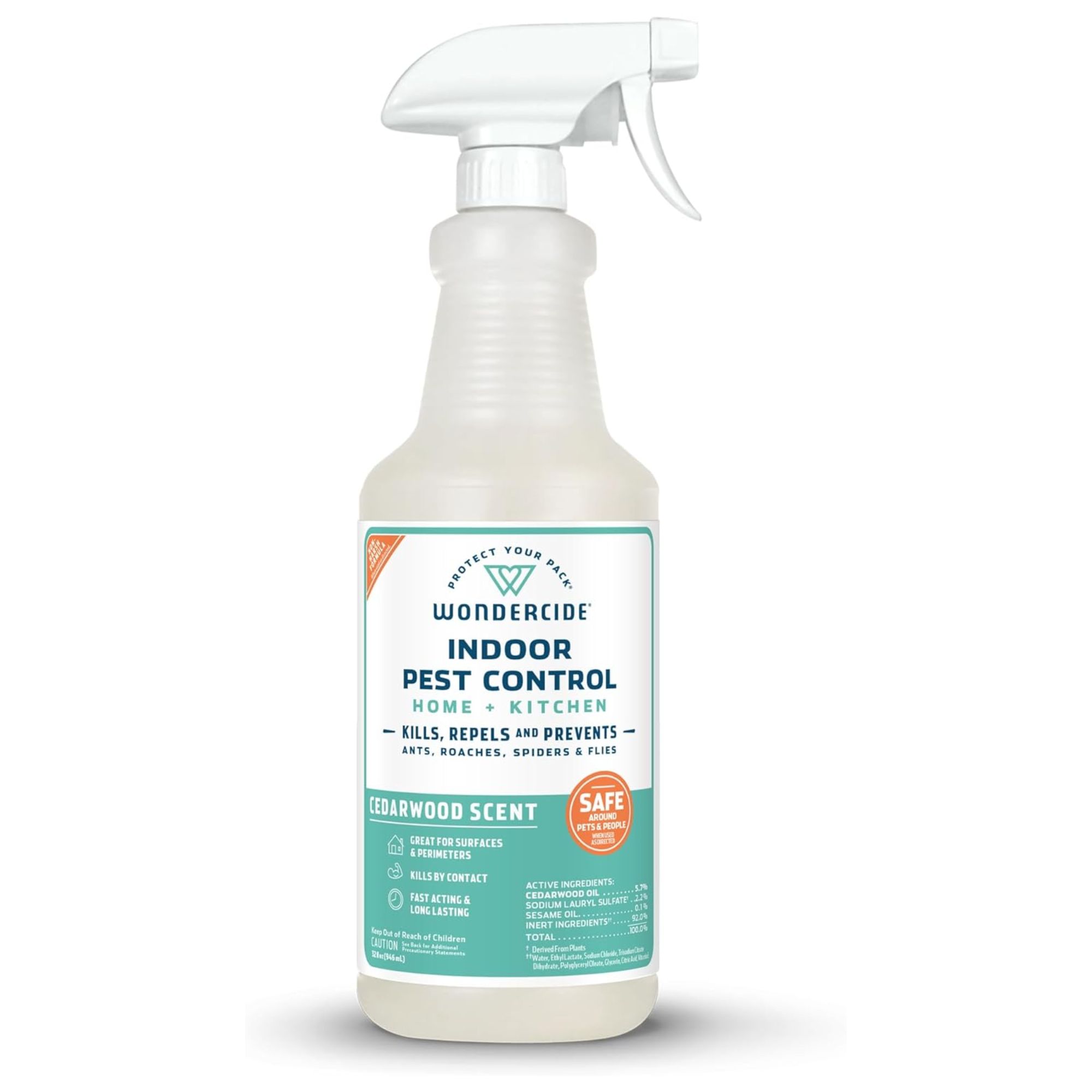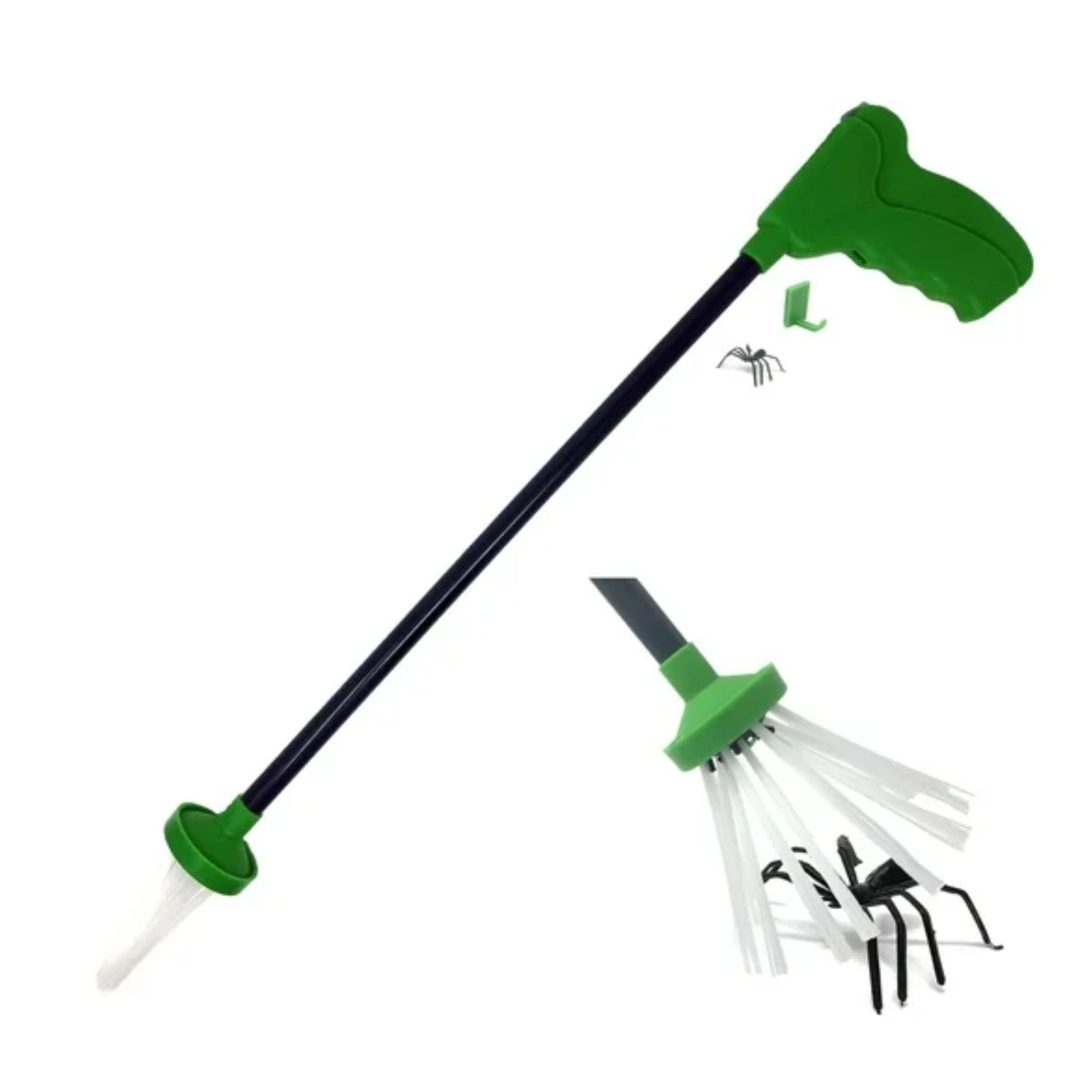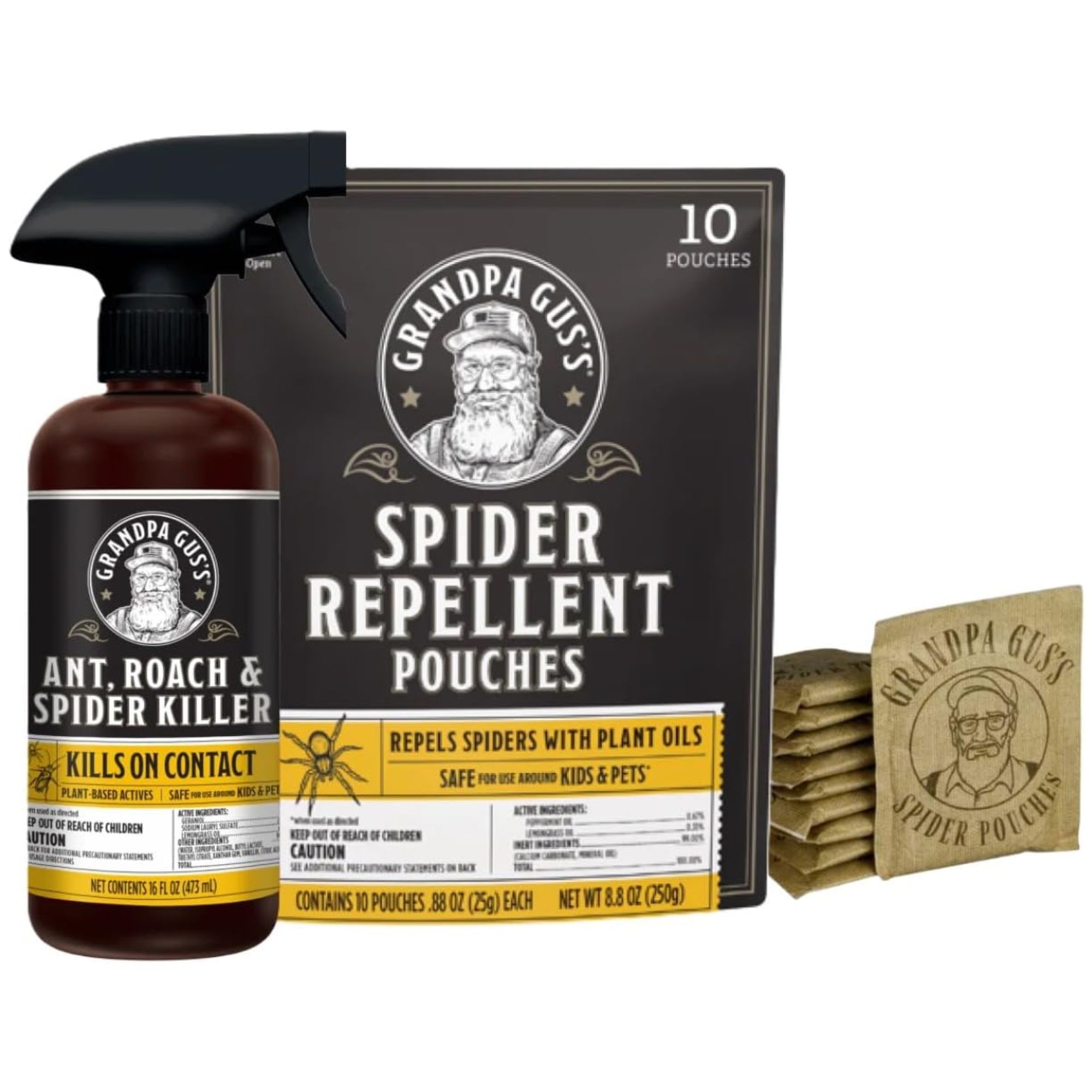Pest control pros warn why you never squash spiders in your home – it could bring 'unexpected and unpleasant' effects
Avoid multiplying your problems tenfold, pest pros urge


Design expertise in your inbox – from inspiring decorating ideas and beautiful celebrity homes to practical gardening advice and shopping round-ups.
You are now subscribed
Your newsletter sign-up was successful
Want to add more newsletters?
There aren't many people who will view a spider as a welcome visitor in their home, but did you know you should never squash them in your quest to banish them?
As our entomologists explain, not only are spiders actually beneficial to your space, but squashing so can potentially unleash dozens more spiders, and act as a call out for other pests to attend, deepening the problem exponentially.
Here's why it's best to live in harmony with these common indoor pests.
Why you shouldn't squash spiders in your home
While you may well still want to take precautionary measures to keep spiders away, Tony King, pest control expert and founder of The Pied Piper Pest Control, advises against squashing them.
He warns, 'One of the more unexpected and unpleasant effects of a spider killing, especially one like the wolf spider, is that there can be dozens of baby spiders on a female's back. When you destroy them, the babies will disperse in every direction, causing one spider to become a mass infestation at once. Other than that, spiders aren't the horrors we paint them to be.'
So, as Ed Dolshun from Catchmaster highlights, squashing spiders can actually leave you with an even worse problem, multiplying your need to get rid of spiders in a basement and keep spiders out of the garage, rather than negating it.
'Of course, this is not all spiders, but with that risk, it is better to err on the side of caution,' he adds. 'There are also hygiene and health concerns.'
Design expertise in your inbox – from inspiring decorating ideas and beautiful celebrity homes to practical gardening advice and shopping round-ups.
'Smashing a spider on a surface like a wall or floor will leave a puddle of bodily fluids and, depending on what the spider's most recent meal was, bacteria from said last meal,' he continues. 'In some instances, if individuals are sensitive or have an allergy, direct contact with spider fluids or limbs can cause irritation.'
Daniel Baldwin, board-certified entomologist at Hawx Pest Control, adds, 'Whilst many house spiders are harmless, certain species found in parts of the US, such as black widows, brown recluse, and yellow sac spiders, are poisonous and can leave a nasty bite.'
So, for all these reasons, it's advisable not to squash spiders in your home and instead work to keep spiders away instead.
He says, 'Although few of us want to have spiders lingering around our homes, the reality is that they play an incredibly important role when it comes to natural pest control methods.
'Because spiders eat so many pests, in particular small insects, they can actually help to reduce the number of pests that could potentially cause damage to your home. Spiders are also highly beneficial in the garden too, happily feeding on aphids, caterpillars, and other insects that are known to damage foliage and flowers.'
What to do instead of squashing spiders

Spiders are typically drawn to moist areas, like bathrooms
Vacuuming, wiping down surfaces and decluttering regularly will prevent attracting spiders into your home, as will eliminating dark spots, turning off outdoor lighting and keeping up with general maintenance.
You can also use the catch-and-release method, with a glass or jar and a stiff piece of paper, or use the My Critter Catcher - Spider and Insect Catcher available at Amazon, 'which catches and releases spiders at a distance with soft bristles, without harming them,' recommends Tony.
'If the issue is ongoing, natural repellents do a great job,' he continues, and suggests using peppermint oil, available at Walmart, or rosemary oil, available at Amazon. You can make an easy peppermint DIY essential oil spray to deter spiders.
Sometimes, advises Daniel, it might be best to call pest control. 'To prevent future infestations, it's worth consulting a professional for effective and complete removal of spider eggs before they hatch, whilst keeping yourself safe at the same time,' he explains.
What to shop
All prices were correct at the time of publication.

'This spray uses plant-based elements, and it can be used around children and pets,' recommends Tony. It's also fast acting and long-lasting.

Protect your health, home and spiders with this gentle catcher, which is two feet long with super-soft bristles.

These pouches repel spiders and insects as they eat, with plant-based active ingredients and a pleasant scent.
Meet our experts

Daniel is an entomologist with over a decade of experience, working at Hawx Pest Control, which was founded in 2013. Since it has grown across 12 states.

Ed is the Catchmaster® brand’s vice president of business development and technical director, and an expert in trapping tips. He has over 12 years experience in the pest management industry.

Tony founded The Pied Piper Pest Control in 1992, mainly dealing with rodent control, bedbugs, insect control and bird control.
Looking for a natural deterrent? Pest pros say using clove oil for spiders could help.

Ottilie joined Homes & Gardens in 2024 as the News Writer on Solved, after finishing a Master's in Magazine Journalism at City, University of London. Now, as the Sleep Editor, she spends her days hunting deals and producing content on all things sleep – from mattresses and sheets to protectors and pillows, all of which she tests in her own home. She also has particular expertise in home fragrance, covering everything from candles to reed diffusers.
Previously, she has written for Livingetc and Motorsport Magazine, and also has a Master's degree in English Literature and History of Art from the University of Edinburgh, where she developed a love for inspiring interiors and architecture.